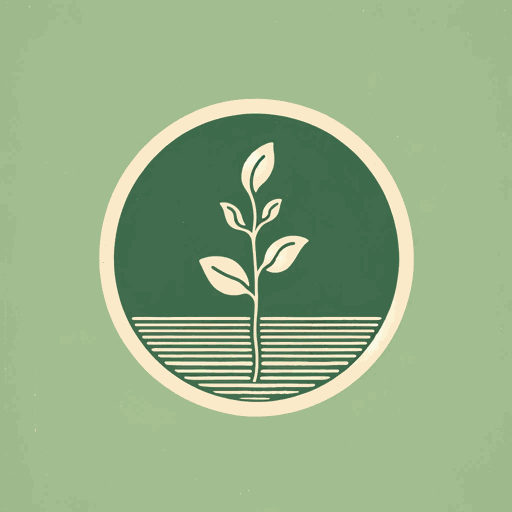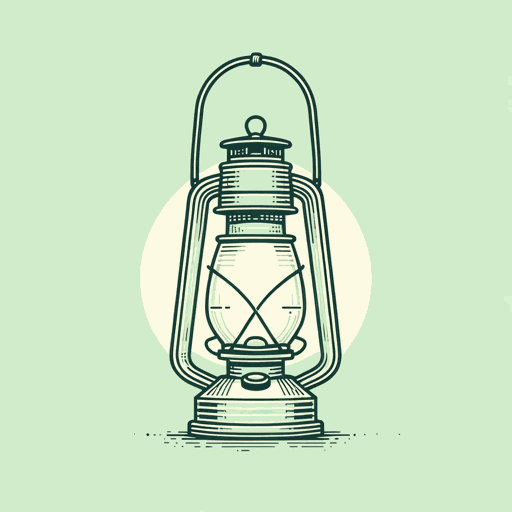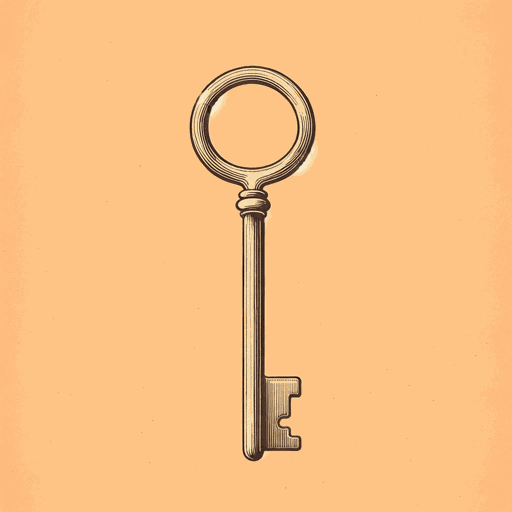82 pages • 2 hours read
Henry David ThoreauWalden
Nonfiction | Autobiography / Memoir | Adult | Published in 1854A modern alternative to SparkNotes and CliffsNotes, SuperSummary offers high-quality Study Guides with detailed chapter summaries and analysis of major themes, characters, and more. For select classroom titles, we also provide Teaching Guides with discussion and quiz questions to prompt student engagement.
Chapters 1-3Chapter Summaries & Analyses
Chapter 1 Summary: “Economy”
Thoreau opens by denouncing thoughtless toil and, by extension, the capitalist systems that exploit poor men who work without thinking why. He bemoans systems of production whereby “the laboring man has not leisure for a true integrity day by day […] his labor would be depreciated in the market. He has no time to be anything but a machine” (11).
Searching for a different way of thinking and living, Thoreau sets out on a philosophical exploration to pursue “a life of simplicity, independence, magnanimity, and trust” (26). He explains his two years of living in a small house on Walden Pond near Concord, Massachusetts, beginning with an account of his basic needs: clothing, food, fuel, and shelter. He posits that nature provides many of these needs and plans to live as freely as possible with minimal intervention from civilization.
Thoreau describes shelter as an essential human need, though he acknowledges that one can technically live without shelter. As he explains, “Adam and Eve, according to the fable, wore the bower before other clothes. Man wanted a home, a place of warmth, or comfort, first of physical warmth, then the warmth of the affections” (48). He believes, however, that landlords have indecently capitalized on their fellow man’s need for shelter, charging rental costs that effectively trap their tenants.
Related Titles
By Henry David Thoreau




